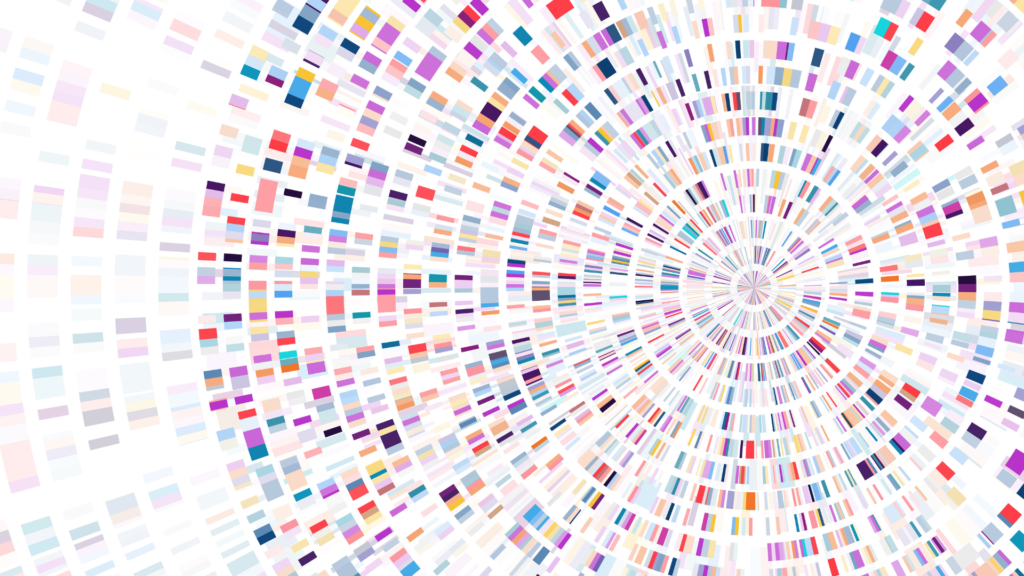November 20, 2024
COP16 discussed a new benefit-sharing mechanism based on the use of a virtual object (DSI), which still has no agreed legal definition. This allows industry and the countries from the Global North to claim that they are products of research, when in fact they are just the dematerialised representation of the genetic components of physical biological resources, sometimes combined with other information on associated phenotypic traits that are already well known. This lack of definition also allows industry and the countries of the Global North to talk about DSI when it comes to justifying open access, and then about genetic information or biological materials when it comes to claiming patents obtained through the use of these DSI. That allows to bypass the impossibility of patenting what is already freely accessible, and therefore already well-known.
COP16 approved the establishment of an international mechanism to ensure that the benefits from DSI are shared. The multilateral mechanism for the fair and equitable sharing of benefits from the use of digital sequence information on genetic resources covers “digital sequence information that is made publicly available and that is not subject to mutually agreed terms (MAT) established at the time of access to the genetic resources from which the digital sequence information on genetic resources is derived”. It also covers DSI for which “the fair and equitable sharing of benefits is not provided for by other international agreements on access and benefit sharing, except if those instruments choose the multilateral mechanism for that purpose”.
At this stage of ITPGRFA negotiations, the COP mechanism would apply to all seed traded by seed companies that will not adopt the ITPGRFA subscription mechanism, except for their seeds coming from PGRFA obtained through a single access agreement with the ITPGRFA.
Countries agreed to create the so-called Cali Fund, a global benefit sharing fund to which companies using DSI “should contribute”. The fund will be administered by the United Nations through the United Nations Multi-Partner Trust Fund Office, in accordance with decisions of the Conference of Parties, and under the authority of and accountable to the Conference of Parties.
Pharmaceutical, cosmetics, agribusiness, nutraceutical and technology sectors are the ones indentified as main users of genetic data. They “should” contribute 1% of their profits, or 0.1% of their revenue to the new fund. The use of the word “should” implies that contribution is voluntary and the payment rates are “indicative”, and non-binding.
African and Latin American countries sought a legally binding mechanism on DSI, but they failed. The first review of the mechanism is set to happen at COP18, in 2028.
Additionally, companies can also decide not to pay, since they are not obliged to “demonstrate” that they were not using DSI. This key clause has been removed and now the seed industry and other multinationals can just lie and say they do not make use of DSI to avoid payments.
